Excise Duties: How Alcohol Taxes Impact Your Business

🎧 Prefer to Listen?
Get the audio version of this article and stay informed without reading - perfect for multitasking or learning on the go.
Ever wonder why your price sheet changes every time new alcohol hits your shelves, or why your profit margins seem to shrink before you pour a single drink? If you run a business that deals in beer, wine, or spirits, the answer often comes down to a single factor: excise duties. These hidden charges show up early in your supply chain, not at the point of sale, often cutting into your bottom line before you even realize it.
Excise duties are indirect taxes collected on the manufacture, import, or distribution of products like alcohol. For many in the industry, these duties are more than a line item—they’re a daily operational challenge. For example, federal excise duties in the U.S. start at $27 per proof gallon for spirits, $1.07 per gallon for wine, and beer is taxed anywhere from $0.11 to $18 per barrel, depending on how much you produce each year (Federal Alcohol Tax Modernization: Tax Foundation Data). When you tack on state rates, these costs climb even higher, directly impacting how you set prices, manage inventory, and stay compliant.
The stakes are high. Get excise duty compliance wrong and you risk hefty fines or even losing your license. But when you understand the system, you can better control costs, plan ahead, and keep your business running smoothly.
In this article, you'll learn:
What excise duties are and how they work for alcohol
Key legal and compliance issues all alcohol sellers face
Insights from a recent legal case that could affect refunds if your stock can’t be sold legally
Practical steps for staying ahead of reporting and tax obligations
If you want to know how to keep your alcohol business profitable and compliant, you're in the right place.
1. Understand What Excise Duties Actually Are
Start by recognizing that excise duties are not your standard sales taxes. These taxes hit products like alcohol at the manufacturing or import stage, not when the consumer checks out. That means as soon as alcohol enters the system, distilled in your state or imported from abroad, excise duties are due. This crucial difference sets excise duties apart from VAT or sales tax. For most alcohol businesses, knowing this timing is vital, as these duties can impact your costs well before a bottle is sold.
If you’re also involved in selling goods across borders or dealing with VAT on imported products, it’s important to understand how excise duties interact with other tax obligations. For more on keeping compliant VAT records for imports, check out our guide: EU Customs Duty Guide: Rules, VAT, & Import/Export Compliance.
2. Know How Excise Duties Apply to Alcohol: Categories Matter
Every alcoholic product category faces its own rates and rules. Distilled spirits, wine, and beer each sit in a separate tax bracket. The government does this for two main reasons: to collect revenue and to support public health by making higher-alcohol content drinks more expensive. These are often called ‘sin taxes’ because they’re designed to curb consumption of products with social downsides. Here’s how rates look across common categories:
Source: Federal Alcohol Tax Modernization: Tax Foundation
Alcohol Type | Standard U.S. Federal Rate |
|---|---|
Distilled Spirits | $27 per proof gallon |
Wine | $1.07 per gallon (most varieties) |
Beer | $0.11–$18 per barrel (based on brewer volume) |
3. Figure Out How Excise Duties Are Calculated
Excise duties are not one-size-fits-all. In the U.S., for example, spirits carry much higher excise duties compared to wine and beer. States pile on their own rates, so your location matters too. Take Texas: their state excise for spirits is $2.40 per gallon, while beer sits much lower at $0.1935 per gallon (Texas Alcohol Beverage Commission – Alcohol Excise Taxes). Some duties are “ad valorem” (a percentage of value), and others are a flat fee per unit. Get clear on which model applies to your product so you don’t get surprised when your invoice arrives.
4. Watch for Legal Changes: Key Insight from the CJEU Refund Case
Legal rulings can shift how excise duties work in real business life. The recent Court of Justice of the European Union (CJEU) case (C-304/22) tackled whether you deserve a refund if your alcohol can’t legally be sold. The answer? If your stock is blocked from reaching the market due to compliance issues, EU law requires that you can claim those excise duties back (CJEU Judgment C-304/22). That’s a game-changer for importers or producers hit by regulatory snags - check your eligibility and documentation right away if product rejections are on the table.
5. Stay Compliant: Registration and Regular Reporting Are a Must
There’s no way around it: compliance is the backbone of handling excise duties. Businesses must register with tax agencies at every level that applies to them—federal, state, local. In the U.S., you’ll submit IRS Form 720 each quarter, but don’t stop there. Many states, like Texas, demand monthly or quarterly filings depending on your sales volume. Keep these steps in mind:
Register with appropriate authorities before selling alcohol.
Set reminders for every reporting period, as deadlines differ by state and agency.
Use official channels (the IRS recommends electronic filing for speed and reliability).
You can find standard requirements in the IRS guide on Basic Things All Businesses Should Know About Excise Tax.
6. Sharpen Your Record-Keeping to Avoid Headaches
Excise duty compliance lives and dies with solid records. Failing to document your inventory, sales, and destroyed stock can cost you money - sometimes a lot. Keep all invoices, shipping documents, destruction certificates, and payment proofs handy. Good records not only satisfy regulators, but also support refund claims if you can’t bring your product to market (see the CJEU case above). Strong, organized paperwork is your best insurance policy here.
You might also be interested in best practices for record-keeping and understanding the possible consequences of non-compliance with tax rules. See our article on Why Should You Take VAT Compliance Seriously? Possible Consequences of VAT Breaches.
7. Take Action: Regular Review and Smart Tools Pay Off
Finally, don’t handle excise duties on autopilot. Regularly review tax policies, use specialized software, or consult professionals who understand excise law. Rate changes, updated reporting requirements, and new court decisions all mean you need to stay sharp. 1stopVAT offers tailored support, from registration guidance to ongoing compliance tracking, letting you focus on growing your business - not untangling tax red tape.
By tackling these seven steps, you’ll gain a clear handle on excise duties, avoid nasty surprises, and give your alcohol business a real edge over less-prepared competitors.
Final thoughts
Excise duties show up early and hit hard, so understanding how they work is vital for anyone in the alcohol business. If you follow clear compliance steps, keep up with tax changes, and document everything, you’ll avoid costly surprises and protect your bottom line.
Managing excise duties doesn’t have to stall your growth. With the right habits and support from tax compliance services, you can keep your business profitable and keep those tax headaches to a minimum.

Featured Insights

Burkina Faso FEC E-Invoicing Mandatory July 2026
🕝 February 24, 2026More News from World
Get real-time updates and developments from around the world, keeping you informed and prepared.
-e9lcpxl5nq.webp)




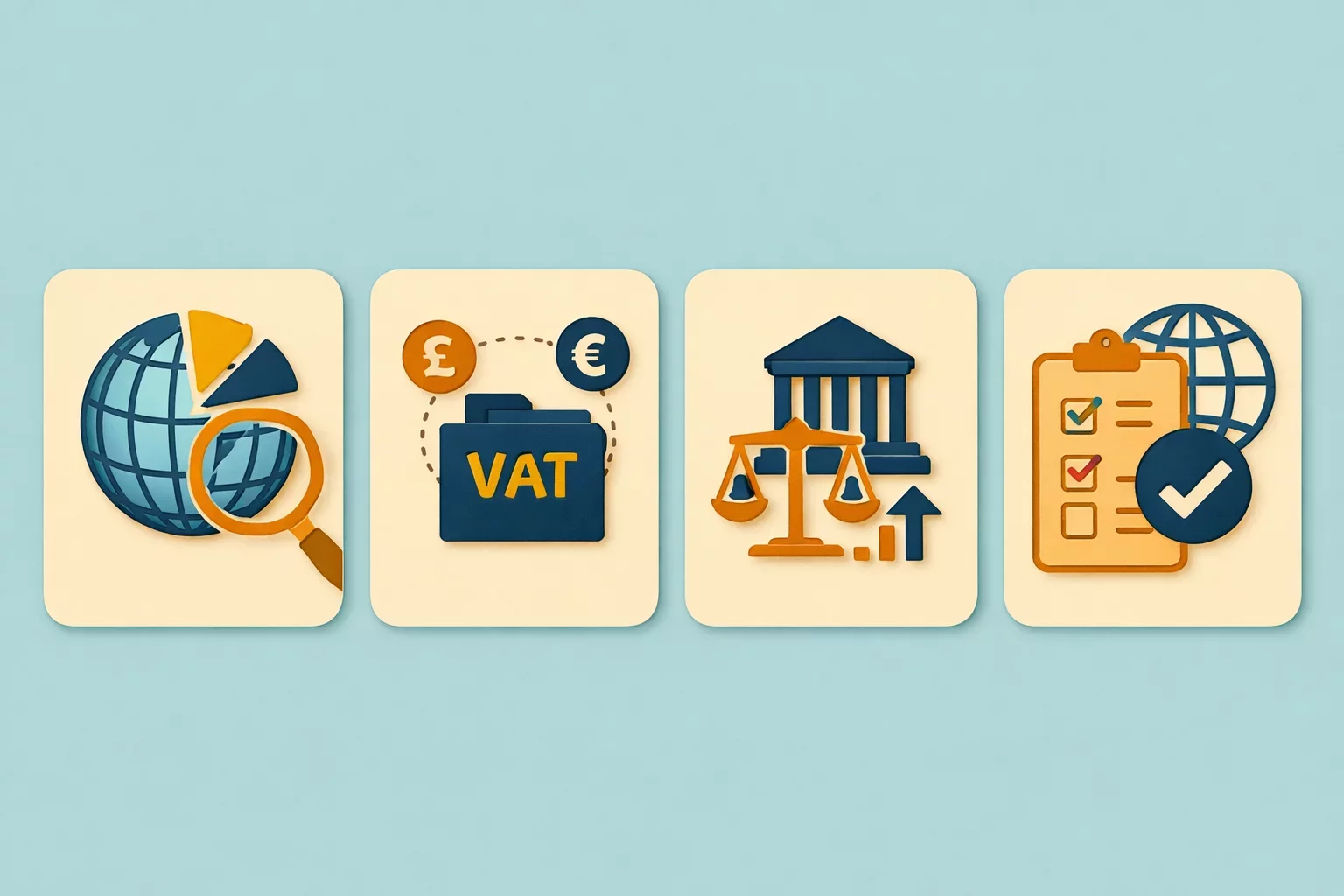

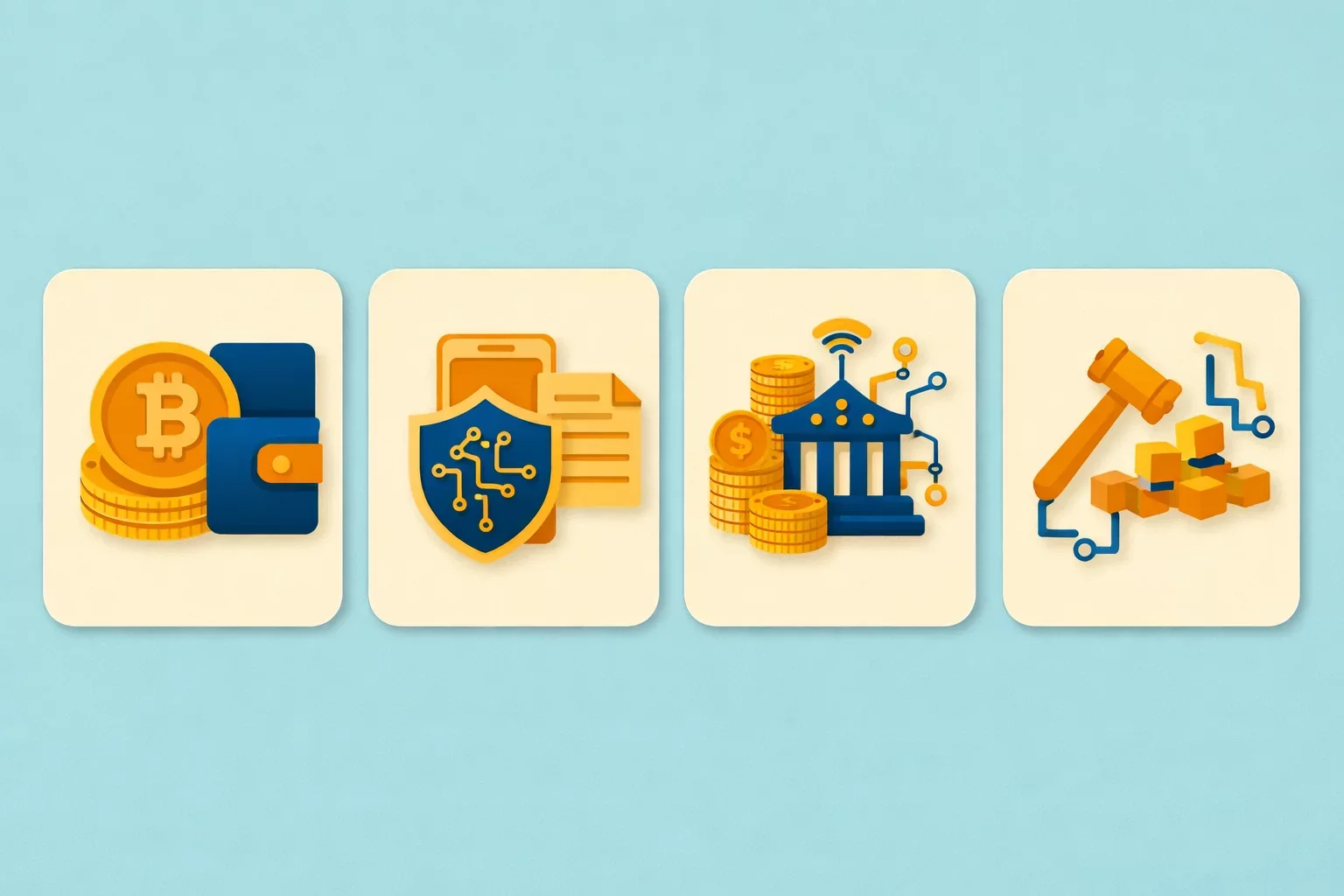
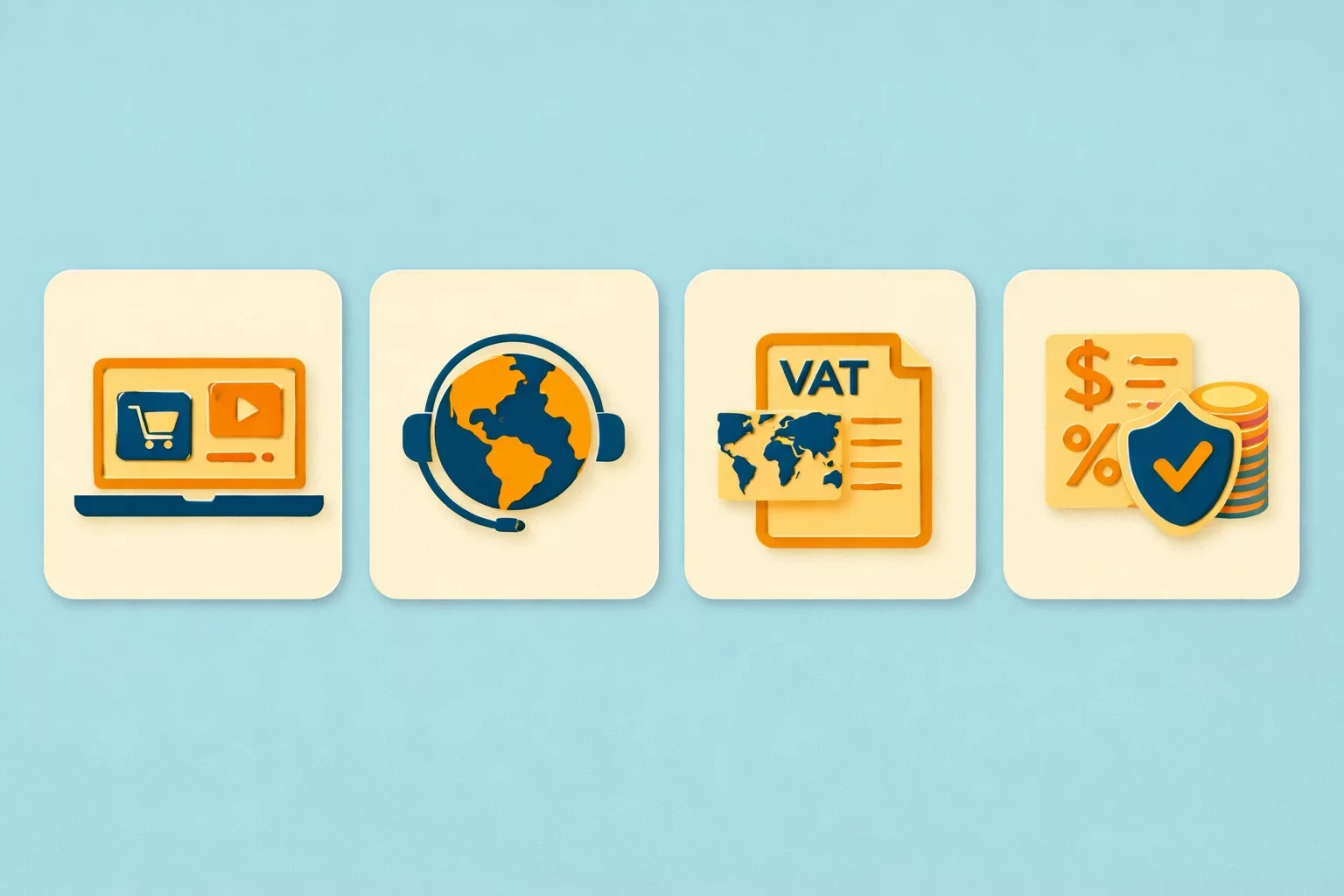


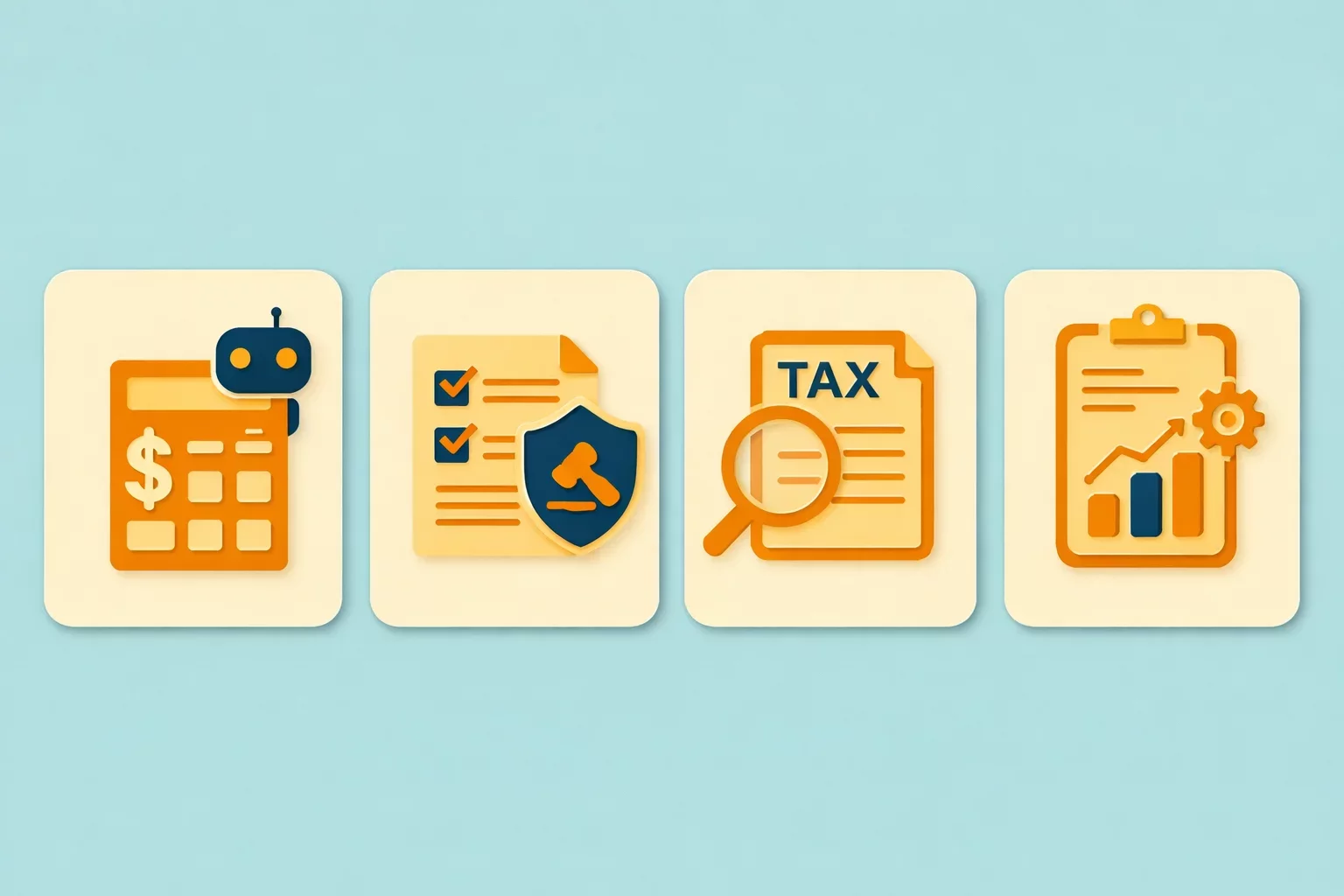



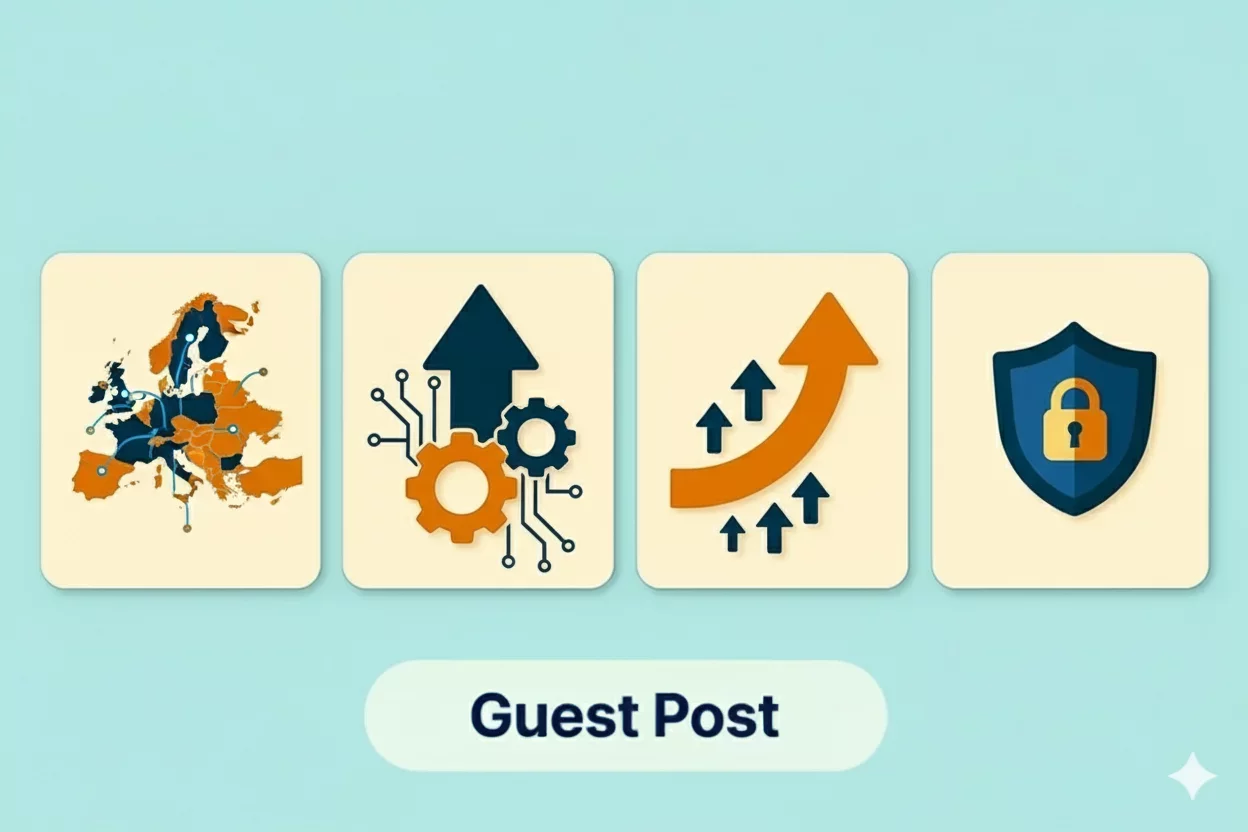

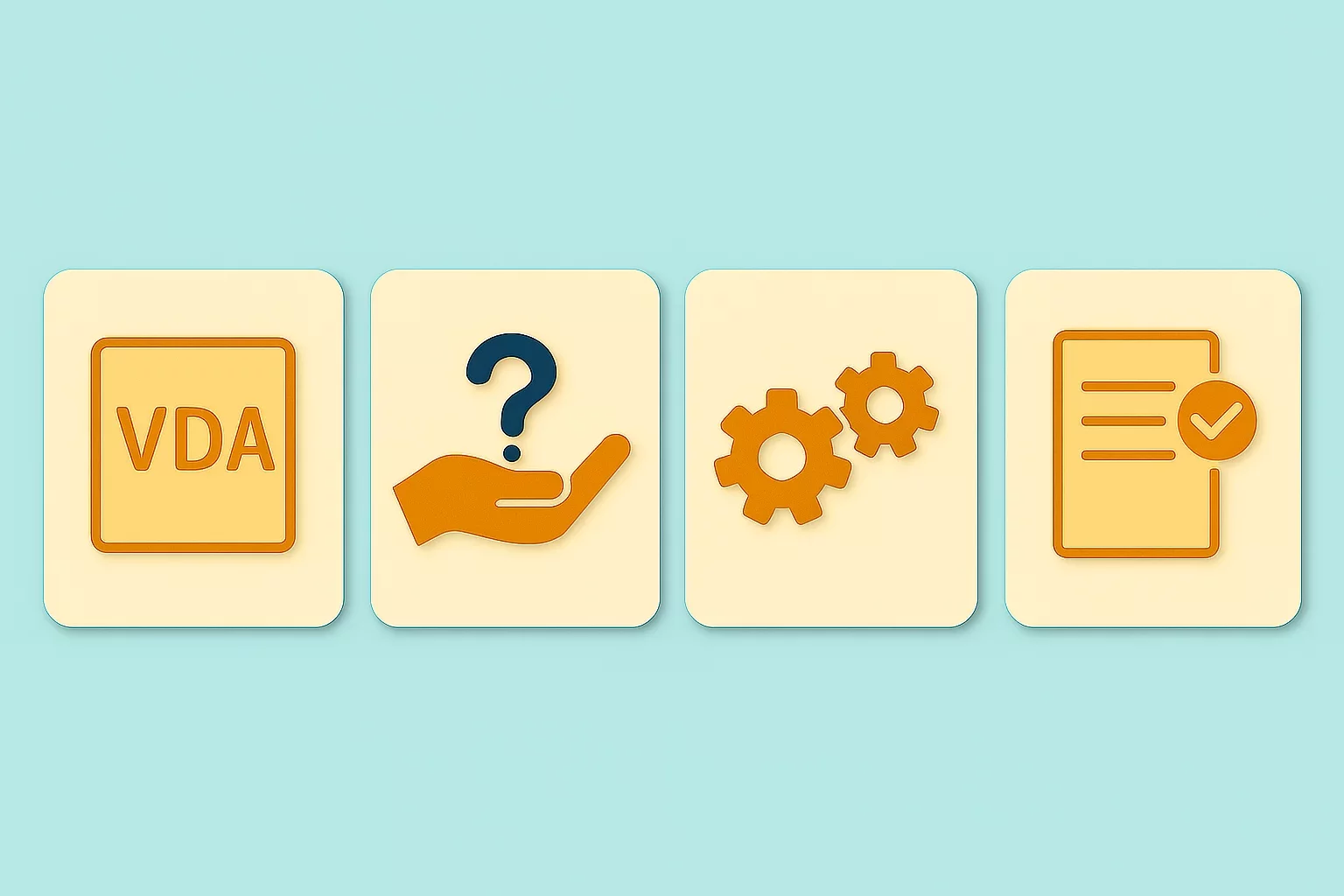


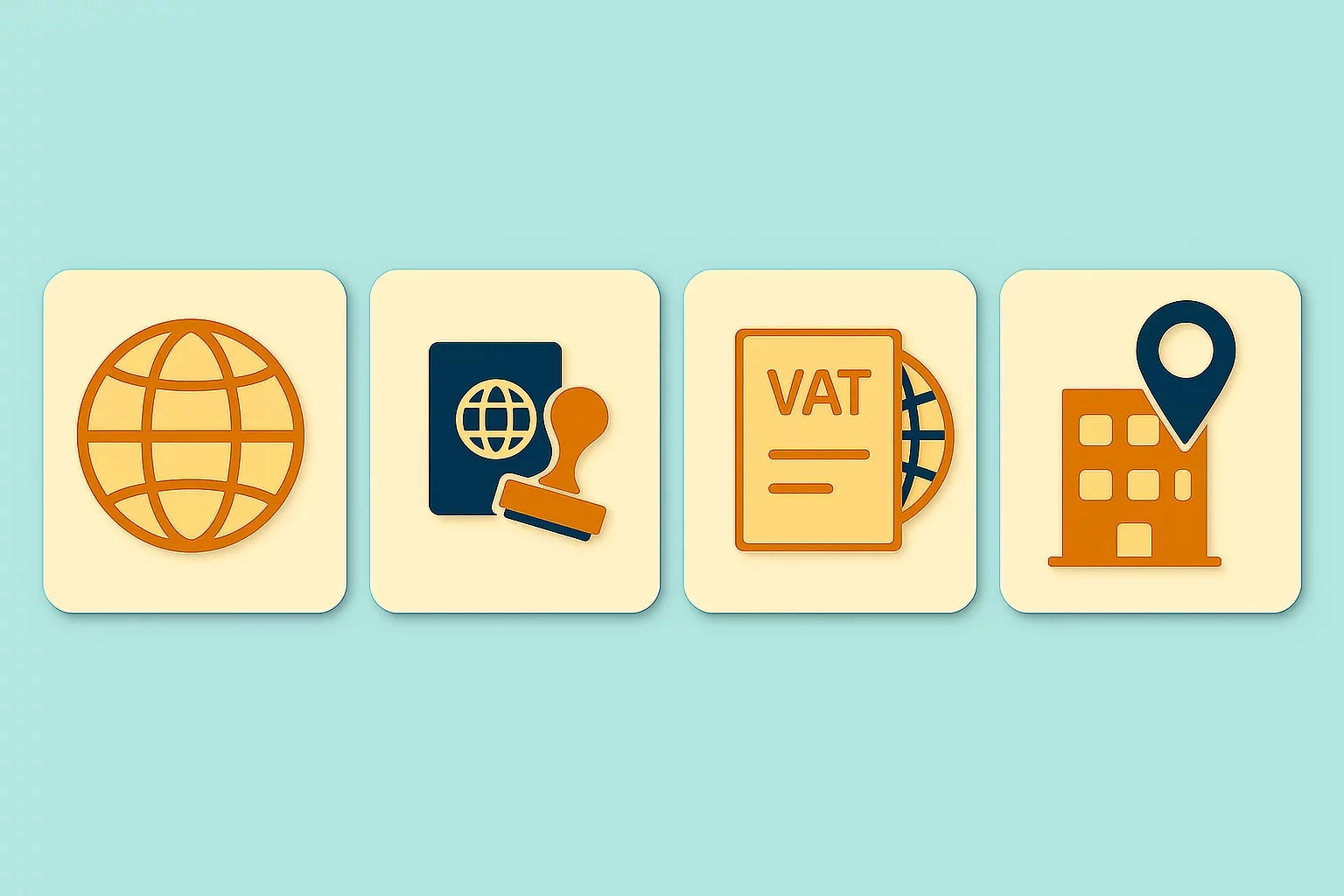












-7xdqdopxl6.webp)



-a9bz8kz2cs.webp)































